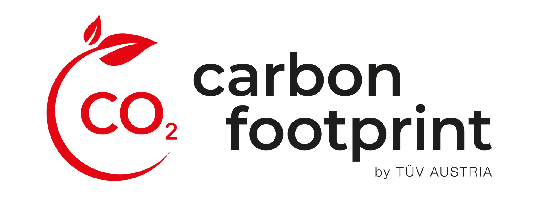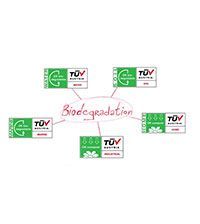Solution: Verification of sustainability reports (CSRD)
Solution: Verification of sustainability reports (CSRD)
Verification of sustainability reports (CSRD)
Verification of sustainability reports (CSRD)
A sustainability report includes environmental, social and governance (ESG) aspects
The aim of sustainability reporting is to create transparency about how an organization contributes or wants to contribute to sustainable development. Sustainability reports are a popular method of communicating the perception of responsibility towards people, the environment and systems.
The reporting obligation covers environmental, social and governance (ESG) aspects. The information disclosed should include forward-looking and retrospective information as well as qualitative and quantitative information. Where applicable, information on the company’s value chain , including its own business activities, products and services, its business relationships and its supply chain.
Commitment to independent verification of sustainability reports
With the new EU Corporate Sustainability Reporting Directive (CSRD), new standards, the European Sustainability Reporting Standards (ESRS) and an additional independent verification of sustainability reports will become mandatory.
The European standards are currently still being finalized and the audit obligation will be phased in from the 2024 reporting year.
Verification by independent third parties ensures that your CSR report correctly reflects all material sustainability aspects . An independent audit also signals a high level of trustworthiness to your stakeholders and also shows your company potential areas for improvement.
Global Reporting Initiative (GRI)
A corresponding CSR report (Corporate Social Responsibility) presents the main areas of activity of a company and their impact on a wide range of areas and shows the measures taken and planned.
Various international working groups have formulated guidelines to standardize the processes and content of sustainability reporting. The best known worldwide are the standards of the Global Reporting Initiative (GRI), a non-profit foundation. They create a sound basis for reporting on the economic, ecological and social impact of business operations.
Four central reporting standards
In addition to basic company information such as size, legal form and marketed products, a sustainability report must meet the following reporting standards according to the GRI:
- General reporting principles, presentation of the management approach for sustainability aspects
- Indicators for environmental topics
- Indicators for economic topics
- Social indicators (decent employment, labor practices, etc.)
Which companies are affected
The European Council and the European Parliament have pushed through a delayed introduction and are implementing a phased model:
- on January 1, 2024 for large listed companies already subject to the NFRD (first reporting in 2025)
- on January 1, 2025 for large companies that are not currently subject to the NFRD if 2 of the 3 categories are met (first report in 2026)
- Companies with 250 employees or more (regardless of their capital market orientation – i.e. not only stock corporations but also limited liability companies, among others)
- a turnover of more than 40 million euros and
- a balance sheet total greater than 20 million euros
- on January 1, 2026 for listed SMEs as well as for small and non-complex credit institutions and captive insurance companies (first report in 2027) with an opt-out option until 2028 (in this case reporting in 2029)
- on January 1, 2028 for non-EU companies (reporting in 2029), if
- Turnover in the EU exceeds EUR 150 million and there is at least one EU subsidiary, or
- an EU branch office


















